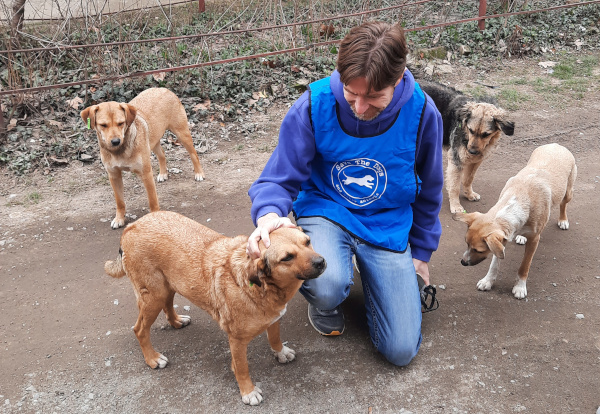We have begun our sterilization program in Ukraine. The goal: 1,000 animals in six months
One thousand animals in six months. That is the target we want to reach with our new sterilization project in Ukraine. After the outbreak of war, thousands of cats and dogs were left to survive alone on the streets. But while feeding them during the winter was the main priority, it is crucial to prevent them from reproducing uncontrollably now that spring has arrived, bringing with it the annual breeding season. Here’s how and where we want to intervene.
Why there are so many animals on the streets in Ukraine
Fourteen million people were forced to leave their homes as a result of the Russian invasion. Although many did manage to take their pets with them, countless others did not have that option and were obliged to leave their animals behind. As a result, thousands of cats and dogs that had once lived in the warmth of their homes found themselves having to learn how to survive all alone on the streets.
Save the Dogs has been working with scores of volunteers and local associations caring for these animals since the war very first began.
During the winter, our help was mainly focused on helping them survive. Thanks to the heartwarming backing of our supporters, we were able to dispatch tons of food, as well as thousands of blankets, kennels and other basic necessities.
Month after month, our international outreach network has grown and expanded and now covers more than 107 locations across the country, with over 700 thousand kilos of food already sent to Ukraine.

Sterilizing the animals is crucial if we are to prevent an explosion of puppies being born in Ukraine
Sterilizing the animals is crucial if we are to prevent an explosion of puppies being born in Ukraine
For as long as we have the funds to do it, this relief aid will continue. But the priority now is to avoid one emergency leading to another even bigger one.
The arrival of spring and the warmer weather always coincides with breeding season. The majority of animals on the streets today have not been spayed or neutered, and if we do not act now, we run the risk of experiencing a dramatic increase in the number of births this year.
These puppies would be condemned to a lifetime of suffering. Not only are they located in areas where war is still raging, but many cities are completely deserted and there is no one there to feed them. Volunteers are already monitoring a tremendous number of animals, and the food we are able to send is barely enough to feed them, never mind countless more.
The sterilization program will begin in Odessa and will then expand to other parts of Ukraine
We intend to start sterilizing animals in Odessa, which we visited a few months ago to assess the situation and to meet the veterinarians who will collaborate with us.
Thanks to the invaluable help we received from our partners, we were able to visit the best clinics in the area. We selected two that have an excellent reputation for this type of operation and that have been working with volunteers for a very long time.
Our objective is to sterilize 1,000 animals over a period of six months: 800 dogs and 200 cats. Once the program in Odessa is up and running, we would like to extend to other cities as well. However, this will depend on the contacts we can make and the funds available to us.
Animal welfare on a long-term basis is our number one priority
Sterilization is the only way to effectively combat the phenomenon of stray animals and to keep the canine and feline population under control.
Our volunteers know the animals roaming the streets very well. They will handpick the first cats and dogs for the program and accompany them to the veterinarians, who will perform the operation, vaccinate and microchip them, so that in the future we will know which animals have already been sterilized. Thanks to your assistance, Save the Dogs will cover all the costs.
It is hoped that this program, combined with the ongoing dispatches of food and useful supplies, will bring some much-needed solace to a country where people and animals are fighting the same challenges for their survival.
